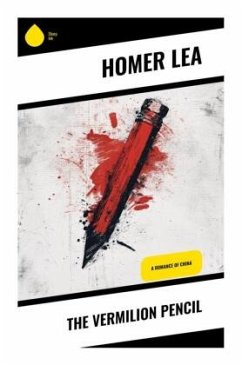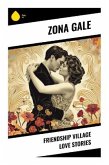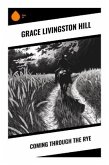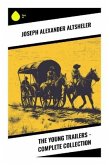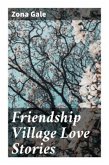In "The Vermilion Pencil," Homer Lea manifests a masterful blend of philosophical introspection and evocative narrative, encapsulating the tumultuous experience of a young artist navigating the complexities of life and passion. Written during a time of great artistic and cultural upheaval in the early 20th century, this novel employs a rich, lyrical style reminiscent of Romanticism, while also foreshadowing the disillusionment that would characterize modernist literature. Lea intertwines themes of existential inquiry and the transformative power of art, inviting readers into a world of stark contrasts between aspiration and reality, making each page a profound exploration of the human spirit. Homer Lea, an accomplished military strategist and a fervent advocate of individualism, draws upon his own experiences in both the art world and the struggles he faced amid burgeoning global conflicts. This unique lens not only informs the thematic depth of the narrative but also reveals Lea's commitment to exploring the multifaceted nature of human ambition and the pursuit of artistic truth, a reflection of his own diverse passions and his role as a thinker during times of change. A compelling read for anyone interested in the intertwining of art, philosophy, and human experience, "The Vermilion Pencil" invites readers to reflect on their aspirations and the often-painful path to self-discovery. Lea's eloquent prose and profound insights into the creative process make this work a timeless exploration of the artist's journey, essential for both lovers of literature and those seeking to understand the struggles inherent in the pursuit of meaning.
Bitte wählen Sie Ihr Anliegen aus.
Rechnungen
Retourenschein anfordern
Bestellstatus
Storno

